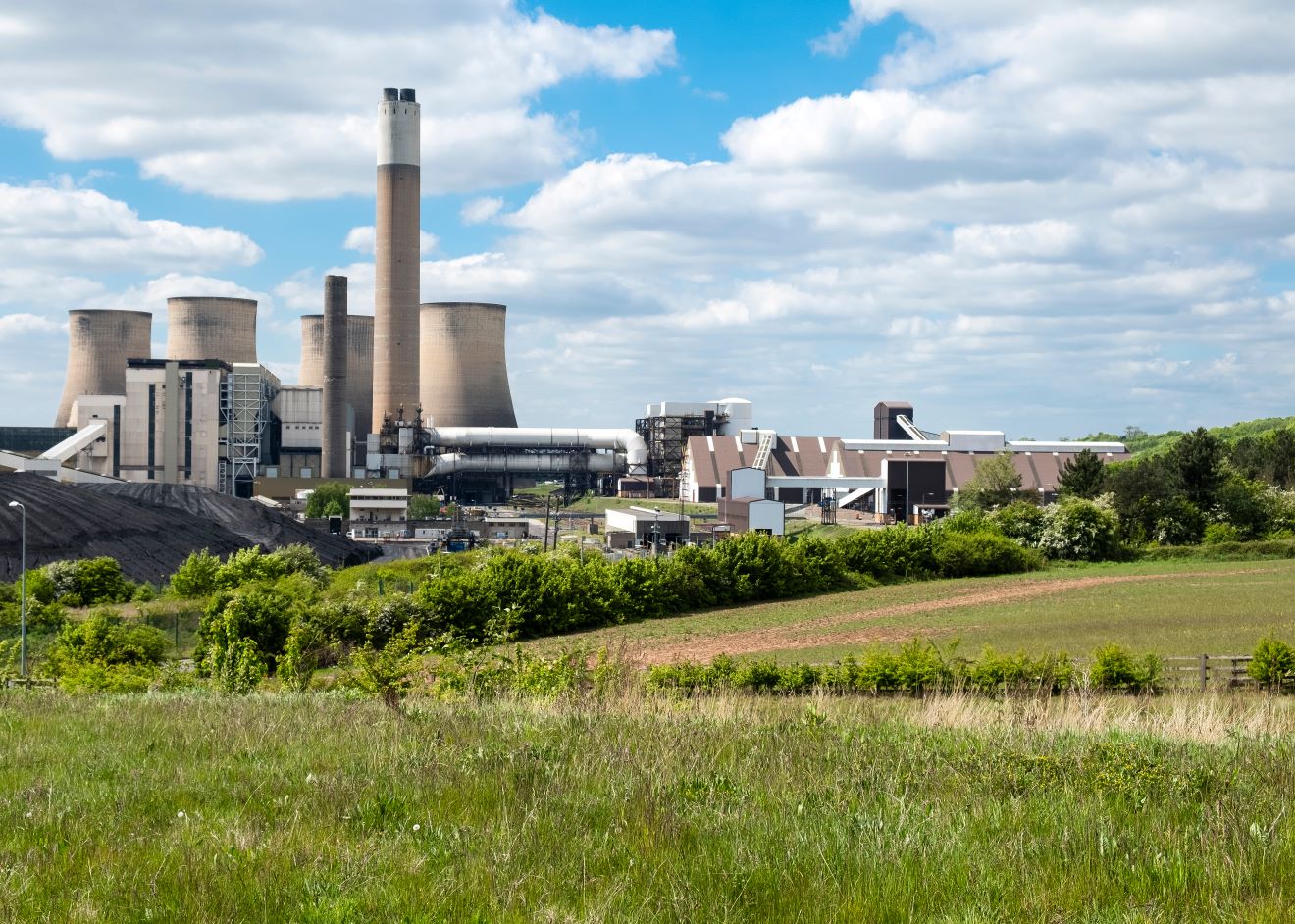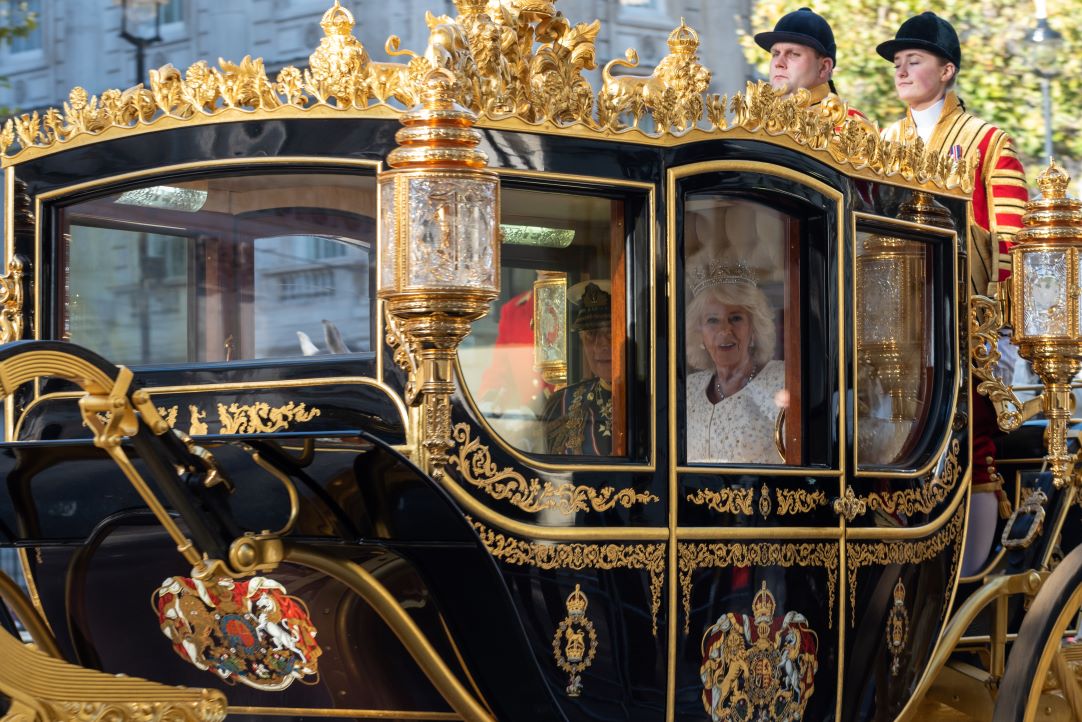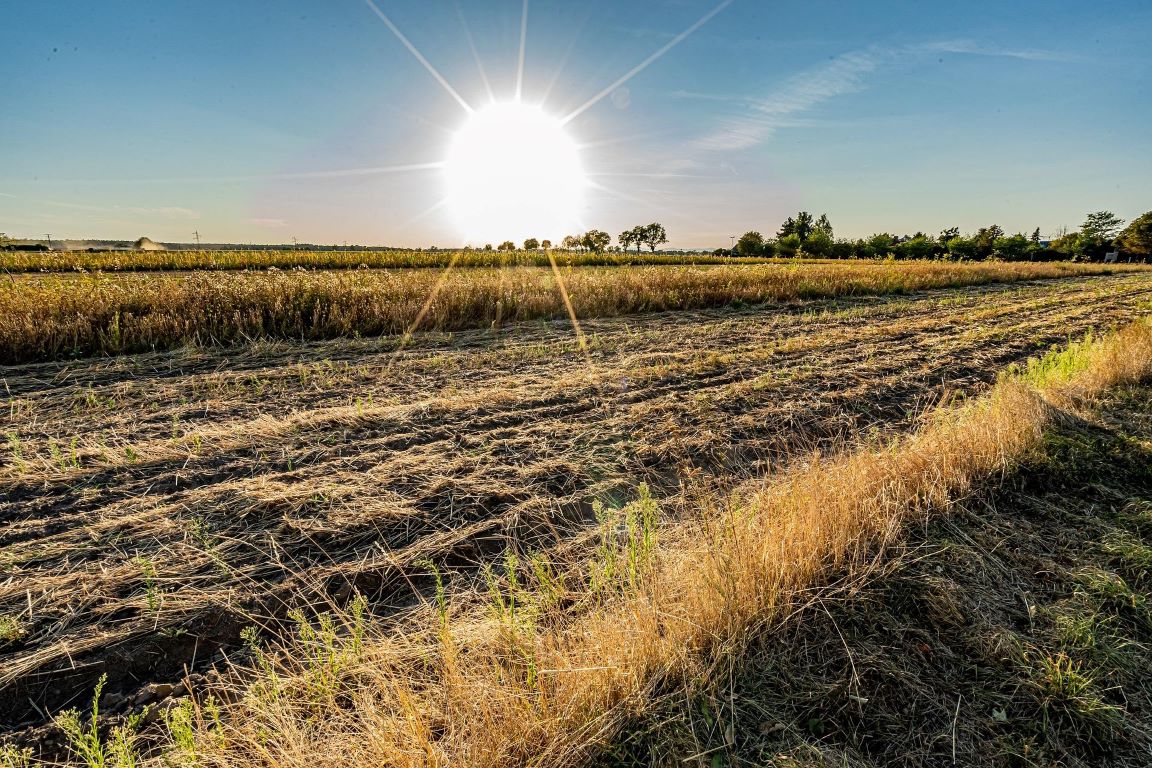According to the Mayor of London, Sadiq Khan, a core principle underpins the environmental policy changes he is driving for the capital: justice. More than a rhetorical flourish, he argues that framing environmental policies, such as measures to reduce air pollution, as issues of social justice is crucial to expose the misconception that these policies ignore disadvantaged communities. This is an argument opponents of the expansion of the Ultra Low Emission Zone (ULEZ) deploy, saying that groups such as ethnic minorities, disabled and working-class people will be disproportionately penalised. For Khan, the opposite is true – since the people in these communities are most at risk from the harms of air pollution, he argues that his efforts to tackle the problem are driven by a commitment to improve their lives, as he explained during his recent appearance at the LSE Festival.
In his newly released book, Breathe: Tackling the Climate Emergency, Khan discusses why implementing lasting policy solutions to environmental issues presents policymakers with such difficulties and dilemmas, and how these can be overcome. He uses his own personal story of developing adult-onset asthma while training for the London Marathon, as well as the stories of many other Londoners, as a starting point to emphasise the serious and sometimes fatal consequences of a polluted environment.
Referring to evidence that public opinion today has shifted decisively in favour of action to combat climate change and protect the environment, Khan believes the time has come for policymakers at all levels to ramp up their ambitions. Yet, as his experiences demonstrate, far-reaching policy changes must be not only fair and effective but also persuasive and appealing to voters.
British Politics and Policy blog caught up with the mayor after the event to ask a few questions. Below these, you can read an extract from his book.
You often deploy hard facts and figures as evidence to explain the need for the policy changes you are arguing for. But you also use personal stories. Why is that, and how important is this human dimension when pushing for policies that can be divisive or unpopular?
I think it’s really important to tell a story. One of the reasons I wrote the book is that 280 characters in a tweet or an 8-minute speech doesn’t really explain the story and my own story. It is important because when you campaign, you campaign with the brain and the heart.
So what I’ve tried to do in the book is give an honest explanation of my journey. But I also tell the story of Ella Adoo-Kissi-Debrah, a nine-year old south Londoner like me who, unlike me, died as a consequence of air pollution.
I remember as an MP in 2006 voting to ban smoking in public places – what motivated me in the end was Roy Castle, someone who never smoked a cigarette in his life but got lung cancer from going to working men’s clubs and absorbing the smoke. So human stories do matter to explain both the science and the consequences of it.
There has been a lot of pushback against some environmental policies such as ULEZ expansion, and sometimes these initiatives have seemed to divide communities. What is your strategy when it comes to allowing space for opposing views and holding a constructive public debate on the issues?
In the book I try to explain the seven obstacles I’ve faced and how I’ve overcome them – apathy (“it doesn’t concern me”), fatalism (“there’s nothing we can do”), cynicism (“politicians are all the same”), deprioritisation (“other things more important”), hostility (opposition from a vocal minority), costs and gridlock.
One of the things I explain in the book is you’ve got to address people’s legitimate concerns – one of those is cost. For example, the cost of going from the car that I’ve got, which is polluting, to a car which is non-polluting. You’ve got to support people with a “just transition”, which is why we’ve developed a scrappage scheme to provide compensation.
We’ve got to recognise that some people have genuine concerns that require addressing and listening to and we have to respond to them. Other people though, latch on to those genuine concerns, and you have to keep an eye on that vocal minority that can seem louder than the silent majority. But there are genuine concerns around how we tackle climate change, and air pollution – so we do need to ask ourselves whether the policies are fair.
What I try to do in the book is explain how I’ve tried to address those concerns and overcome those obstacles – how you can win arguments and in the end win elections to try to bring about change.
In the following extract, taken from the book’s introduction, Sadiq Khan discusses his own realisation that air pollution was an urgent problem to tackle in London – brought about not just by becoming aware of the statistics, but also encounters with those personally affected, such as Ella’s mother, Rosamund Adoo-Kissi-Debrah.
“Life is powered by breath. Our lungs fuel us with oxygen, and pass it through our blood, from where it’s transported to the organs that allow us to walk, talk and move. To live.
But while we all breathe, we don’t all breathe the same air. Air is made up of about 78 per cent nitrogen, 21 per cent oxygen, and small amounts of other gases like carbon dioxide, helium and hydrogen. It’s also made up of a number of pollutants. Where the air is polluted, it can damage every organ and cell in our bodies. It contributes to illnesses ranging from heart and lung disease to diabetes and dementia, from cancer to brittle bones, from damaged skin to asthma. The World Health Organization (WHO) has called air pollution a public health emergency, with 99 per cent of the global population breathing toxic air. The 9 million early deaths it causes each year makes air pollution a bigger killer than tobacco smoking. These deaths are disproportionately concentrated among the most disadvantaged people in society. More than 90 per cent of air pollution-related deaths occur in low- and middle- income countries, where laws are ineffective or not upheld, vehicle emission standards are less strict, and fossil-fuel-burning is more widespread.
The main causes of poor air quality are also the causes of climate breakdown. Air pollution and global warming are largely caused by the same thing: greenhouse gases, particularly from transport, industry and power generation. Energy production – the main cause of greenhouse gas emissions – causes 85 per cent of airborne particulate pollution and almost 100 per cent of nitrogen oxide emissions. This means the solutions to air pollution and climate change are often the same. Tackle one, and you tackle both.
And yet, until my Marathon experience – and my first meetings with Rosamund – I’d barely known about air pollution. I wasn’t alone. Why don’t we talk about this more, I wondered?
One reason might be that climate change and air pollution are largely invisible killers. Citizens can’t see them. And that means politicians can ignore them. Although governments across the world are fond of setting targets, the policies to hit them often fail to materialise. In some cases, government policies actively increase emissions. The UK continues to subsidise fossil fuels. Norway is developing huge new oil and gas fields. Japan remains one of the biggest funders of overseas coal. China continues to build large coal- fired power stations week on week. Tough action on climate, many politicians think, is the triple whammy: an unsolvable problem, which doesn’t really matter in the here and now, and which will lose you votes. This book is my attempt to convince politicians and voters otherwise.”
From Breathe: Tackling the Climate Emergency by Sadiq Khan (Hutchinson Heinemann, 2023). Extract republished with permission.
All articles posted on this blog give the views of the author(s), and not the position of LSE British Politics and Policy, nor of the London School of Economics and Political Science.
Image credit: LSE public events







